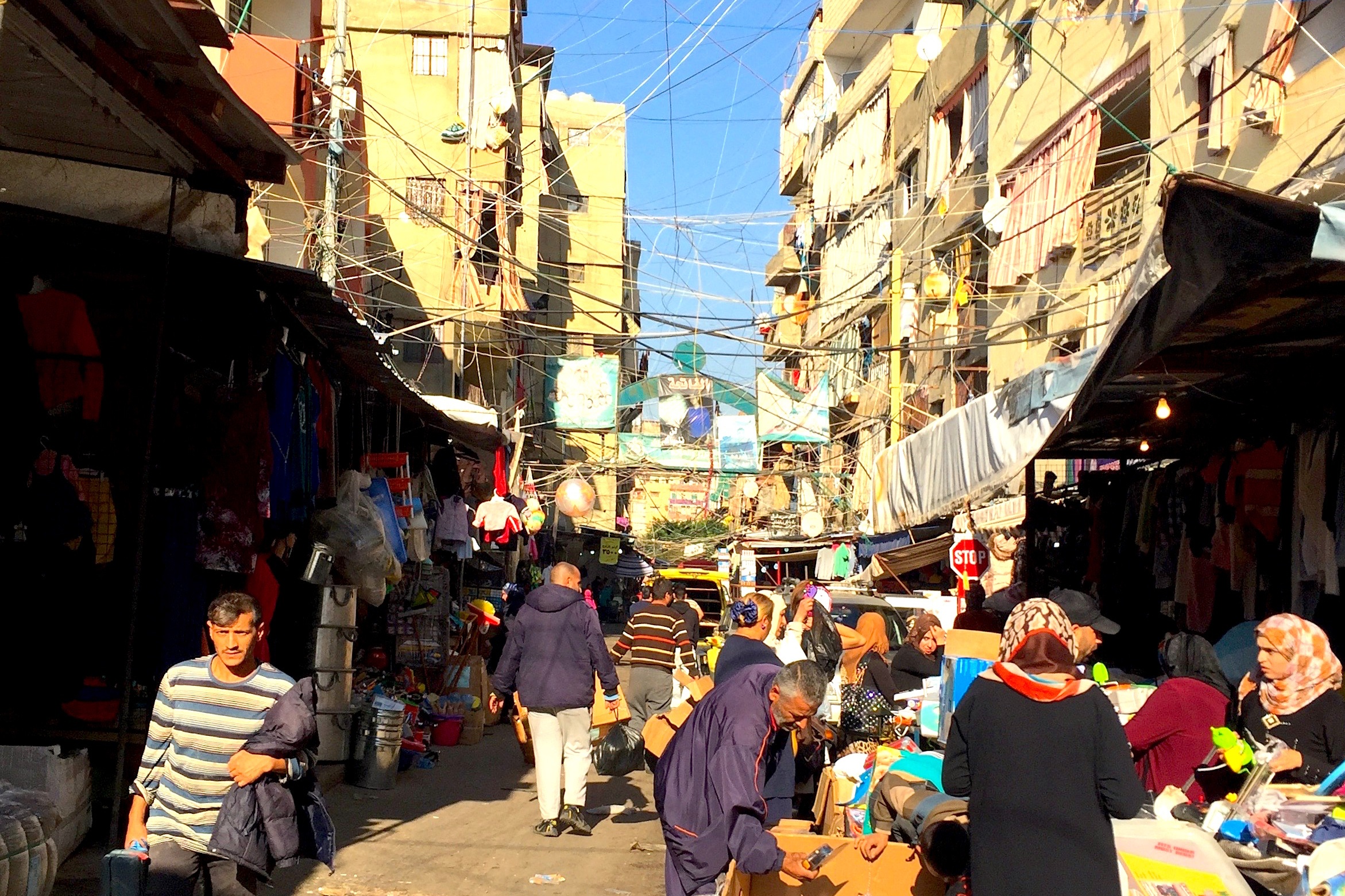Co-written by Sharaf Hussein & Tatiana Rouhana
Among the six million people living in Lebanon, 1.5 million are refugees. With one refugee out of every four citizens, the country hosts the largest number of refugees per capita.
The discriminatory practices they face, such as improper access to public services, inadequate housing and employment cause the majority of them to live below the poverty line in unofficial, overcrowded and unsanitary refugee camps.
This discrimination, which constitutes a violation of Lebanon’s obligations under international law, not only has a negative impact on the refugee community, but also on the entire Lebanese society. While this connection has been overlooked by the Lebanese government, the COVID-19 pandemic reveals the importance of this nexus.
The emergence of COVID-19 has triggered an unprecedented sanitary crisis, pushing countries all over the world into lockdown. International health organizations and government officials have recommended a number of precautionary measures including, social distancing and protective items, such as, masks, gloves and disinfectants.
By virtue of their living conditions, these measures are luxuries that most refugees cannot afford. Lebanon’s response to the pandemic, which consists of self-reporting to a national health ministry hotline, might prevent refugees irregularly residing in Lebanon from doing so in fear of detection and deportation.
As a result, while nationality and legal status play no biological role in contracting the virus, refugees are more exposed to an outbreak, which could consequently affect public health for the entire Lebanese population. The recent infection of five refugees in the refugee camps of Wavel in the Bekaa Valley, which hosts more than 2,000 Palestinian refugees, confirms these concerns.
The long-term consequences of Lebanon’s shortcomings towards refugees do not solely amount to public health, but affect other critical domains of the Lebanese society, including economic growth and public security.
Refugees do not have proper access to employment in Lebanon, pushing them to seek low-income jobs without social security benefits. In a context where the country is facing the worst economic crisis in its modern history, a significant devaluation of its currency, escalation of inflation, and an unprecedented unemployment rate, disadvantaged Lebanese will have to compete with refugees for low-skilled jobs increasing tensions between communities.
Allowing refugees to work formally, protects their rights and lowers the competition on the labor market as educated refugees can seek qualified employment. It also allows for greater fiscal contribution, which generates more tax revenue and benefits local businesses, finances the government to provide better public services, and boosts the country’s overall economic progress.
Discrimination also acts as a fertile ground for the contagion of violence –consequently impacting public security as a whole. For instance, when refugees are excluded from the labor market, they experience intense economic deprivation that pushes them to turn to illegitimate economic pursuits for survival, increasing violence and criminality rates.
In prison, they are exposed to criminogenic factors due to being incarcerated with habitual criminals. At the end of their prison term, they leave feeling cynical towards the legal system, and thus, more inclined to have run-ins with the law in the future.
Not integrating a quarter of Lebanon’s inhabitants, solely because they are refugees, is discriminatory and has a wide range impact on Lebanese socio-economic life. The global pandemic offers a chance to reflect on the ripple effect of the systematic discrimination practiced by the Lebanese government on the country as a whole. Lebanon must recognize this effect, and rethink its refugee policies in a way that not only complements its international obligations, but also safeguards public interest.
Sharaf Hussein is a lawyer at the Beirut Bar Association.
Tatiana Rouhana is a jurist and an expert in the field of Human Rights and Migration.


